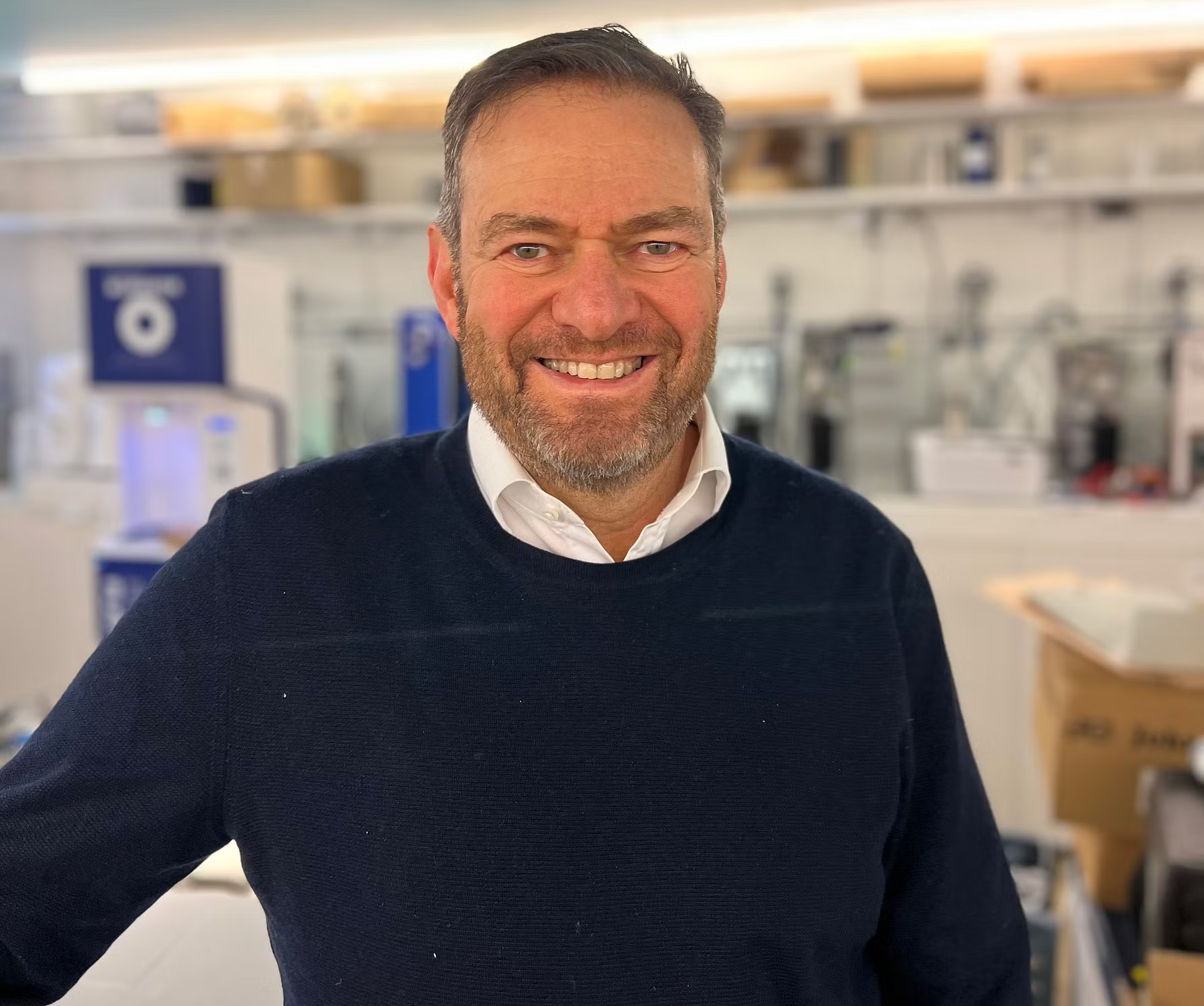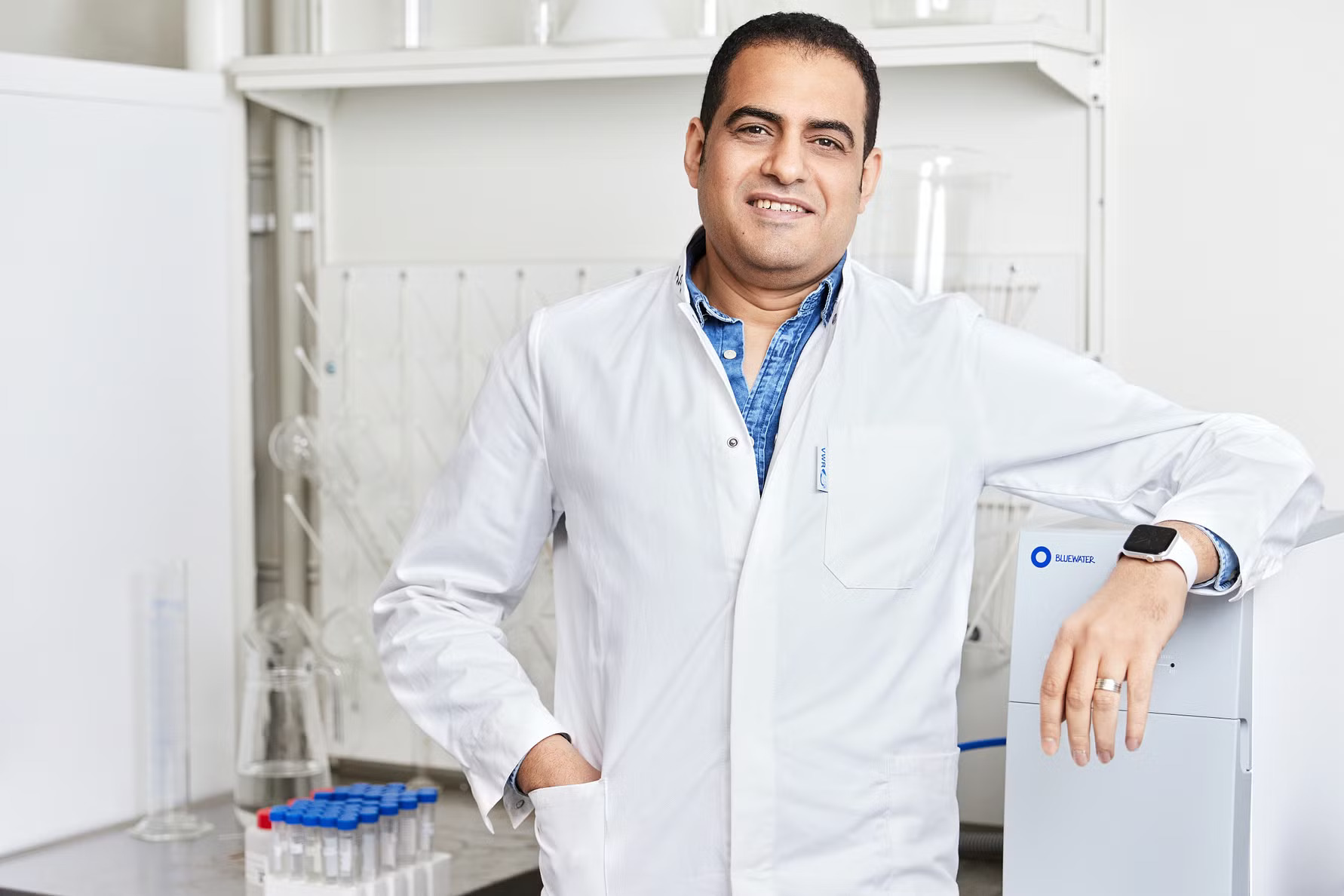Microplastics Discovered in Human Brain for the First Time Crosses New Dangerous Health Frontier, Says Bluewater
TDT | Manama
The Daily Tribune - www.newsofbahrain.com
Email: anchalo@newsofbahrain.com
A groundbreaking study by researchers at São Paulo University Medical School has identified microplastics in the human brain for the first time, marking a significant milestone in environmental health research, says Bluewater, a global water purification and beverage leader. Bluewater founder and CEO Bengt Rittri said the discovery, published in the journal JAMA Network Open, raises urgent questions about the potential impacts of microplastic exposure on human health.
“Microplastic particles silently infiltrate the water we drink, the food we eat, and the air we breathe, endangering both human health and the fragile balance of our planet,” said Mr. Rittri, an acclaimed Swedish ecopreneur pictured above. He added that the new findings mean a dangerous threshold has been crossed in microplastics' invasion of human bodies.
Originating from a multitude of sources, including plastic waste, synthetic textiles, and even personal care products, micro- and nano-plastics are tiny plastic fragments measuring less than 5 millimeters. They have already been found throughout the human body, including the lungs, heart, intestines, liver, placenta, semen, and blood.
Their pervasive presence, even in remote locations like Antarctica and the deepest areas of our oceans, underscores the extent of plastic pollution. Despite this, their presence in the brain had not been reported until the Brazilian research study.
The study, conducted by a team of researchers at São Paulo University Medical School, analyzed brain tissue samples from 15 deceased individuals who had lived in São Paulo, Brazil’s largest city. The results were startling: microplastics were detected in the brains of 8 out of the 15 individuals. The particles, which ranged from 5.5 micrometers and larger, were specifically found in the olfactory bulb—a critical brain region responsible for processing smell.
According to Bluewater chief scientist Dr Ahmed Fawzi (photo below), the finding is particularly worrying because the olfactory bulb directly links to the limbic system, which plays a role in emotions and memory. He said the presence of microplastics in this area raises potential concerns about their impact on neurological functions and overall brain health.
“The study is a grave wake-up call that highlights the urgent need for further research to understand the full implications of these particles on cognitive and emotional well-being," said Dr. Fawzi.
Since its founding over a decade ago with a planet-plan mission to end the need for single-use plastic bottles, Bluewater has strived to spark a broader conversation about the environmental and health implications of microplastics. “The Sao Paulo study underscores the need for comprehensive strategies to reduce plastic production and improve waste management practices,” said Mr. Rittri.
Related Posts



